Message of All India Protest and Suggestions for making GST bearable
Call for All India protest given by Western Maharashtra Tax Practitioners’ Association (WMTPA), Pune on 29th January 2021 against harsh provisions in GST Act received wide spread response from all over India. It activated various trade associations, who are bearing the cost of harsh provisions of GST Act, culminating into Bharat Bandh on 26th February 2021. Various trade associations represented and made their anguish known to the Government. The Associations expressed their utter displeasure and frustration.
It is not that suddenly after three and half years tax payers and tax professionals became unhappy or they were instigated by opposition parties. Several representations were made from across the country but the difficulties of thousands of silent tax payers and professionals fell on closed ears of Government. Silent suffering is very often considered as absence of injustice. Sexual harassment at work place is a glaring example. There was hardly any complaint but harassment at work places was ground reality. That is why “Me too” protest received tremendous support all over the world. There are many such instances. It is experience that Protests only make the Government take note of discontent.
Now because of wide support to the protests it seems that the Government at highest level has taken note of the difficulties. But the initial response to the request for extension for filing Form 9 & 9C, had again created doubts whether the Government is serious about solving difficulties. Last minute press note is welcome and instilled optimism. The Government proclaims it’s commitment in making GST really a Good and Simple Tax. However tax payers apprehend that the road to simplicity is rough. There is always fear of disruption by vested interests. The protests will not shake the stubborn authorities. There is need for continuous dialogue and efforts to find out ways to reduce the compliance burden without loss of revenue.
Tax professionals and trade associations should now focus on and strive for reliefs from Government. Here are a few suggestions:
Page Contents
1) Stable compliance norms:
All Return forms and utilities shall be updated only once in the year i.e. 1st April every year and no changes should be made thereafter. Frequent changes are not compatible for ease of doing business.
2) Remove unjustified restriction on Input tax credit:
As per sec 17(5) there are many items and circumstances in which though they are allowable as business expenditure under Income Tax Act (which decides the correct Income) are not eligible for credit under GST without any rational for the same. It increases the cost of doing business and also against the policy of ease of doing business. Two different treatments by two different tax laws governed by Central Government does not make any sense.
Samples given by way of promotion, expenses on food during business travel, Employees insurance, use of motor car are now inseparable and essential business expense and are factored in the price charged to goods or services. If entire consideration for outward supply is taxable and even incidental supply is taxable there is hardly any logical reason for blocking the Input tax credit of such expenses.
If all outward supply are made taxable there is no logic or reason for not allowing Input tax credits of all legitimate inputs/input services which are debited to P&L Account as well as capital goods. Under Maharashtra VAT there was such provision. Allowing input tax credit promotes purchases from registered suppliers and ultimately results in higher revenue. In spite of liberal tax credits under Maharashtra VAT Act, compliance in Maharashtra as reflected in revenue collections was better than most states. Removal of unjustified restrictions will result into ease of doing business, reduce cost of goods and services and will increase revenue collections.
3) Limit of 180 days be removed:
Many times terms of payment of price exceeds the limit of 180 days. In such cases the ITC is required to be reversed and added to outward tax. And again when payment is made ITC is required to be reclaimed. This exercise does not increase the tax revenue but puts added compliance cost as well as blocking of capital. Constant monitoring is a challenging job. When the Government has already received the tax, it is unnecessary exercise. To expect that, those who deliberately or due to paucity of funds delay the principal amount beyond 180 days, will pay principal amount in time because they have to reverse ITC for some period is wishful thinking and not reality. The payment terms are decided by parties and not by Government then why should Government meddle in it, without any benefit to taxpayers. This provision has not helped in any way the MSME sector. MSME sector is hardly in a position to complain about delay in payment. If interest received from ITC claimant, is paid to victim i.e. supplier it will be meaningful otherwise the provision serves no purpose.
Suggestion : Sec. 16(2) relevant proviso be removed
4) Rule 42 & 43:
For grant of input tax credit there is discrimination between taxable and tax free supply. There are large number of businesses who are in business of both taxable and tax free supply. To tackle such cases rules to determine the percentage of reversal of ITC are prescribed.
Calculation of proportionate ITC of CGST/SGST and IGST for tax free/ taxable turnover on monthly basis is too cumbersome and again matching it with annual percentage is very difficult task. Monthly percentages differ substantially and give distorted results. The gain is minimum, but cost of compliance is more. It is susceptible to multiple mistakes which adds to the cost of business.
Suggestion: The calculations shall be made on yearly basis at the time of annual return.
5) Job work intimation:
Intimation of goods sent for job work and received back is almost impossible to comply for small and medium scale tax payers. Most job workers are semi-literate people and depend upon outside support for tax compliances. Cost is too much for them.
Suggestion : The provision be removed.
6) Late Fee and heavy penalties:
There are large number of small tax payers whose net tax liability is either nil or very small. They have no employees or very few employees and hence many times fail to meet the due date or comply with various formalities. Fund crunch is every day affair for them. Late fees and penalties are prohibitively high for them. They deserve compassion and relief.
7) Opportunity to rectify all mistakes:
Considering the fact that in most other tax laws as well as earlier laws revision of return is permissible the tax payers were confident and expecting that the revision will be allowed some day or other. GST in it’s present form is very complex and during first initial years most tax payers have inadvertently made some mistake. Clerical mistakes, classification mistakes etc. Mistakes made while uploading various forms have resulted into additional financial burden. Though they are genuine mistakes the cost by way of loss of input tax credit and interest and penalty are prohibitively very high. If opportunity is not given to rectify, it is apprehended that there will be large scale litigation which GST department will not be able to handle and ultimately it will result in to declaration of amnesty (it is experience of many decades). Amnesty schemes have so far favoured those who litigated and differed tax and not to the honest and diligent tax payers.
Suggestion: It is therefore suggested and necessary that an opportunity be given to rectify all genuine mistakes committed till 31/03/2021. Thereafter every year annual return shall be such opportunity.
8) Interest rates:
Considering present situation rates are prohibitively high. Suppliers who depend upon timely payment from large businesses and Government are hit very hard as they face financial crunch due to delay in payment. High interest rates are driving them in further financial difficulties.
Suggestion: Maximum interest rate shall be 15 % (which is much higher than lending rate)
9) Use of local language:
All literature, information about GST is till now published in English only. In most part of rural and semi urban areas there are very few who understand English properly. Legal language whether English or local is beyond comprehension of most tax payers in urban areas also. It is therefore not only necessary but obligatory that all information be made available in language of the respective state. Whenever any change is made a note explaining the intention and effect of change be published in simple language. It will certainly improve compliance.
Conclusion: If all above suggestions are accepted then compliance time, effort and cost will come down significantly without any loss of revenue. GST may not became very simple but will became bearable and it will be a step in the direction of ease of doing business.
Let us hope that The All India protest by tax professionals and Bharat band by trade associations is taken in right perspective and acted upon. I am afraid that if indifference to genuine concerns, demands and grievances continues, then the demand for abolition of GST as happened in Malaysia, will grow louder.










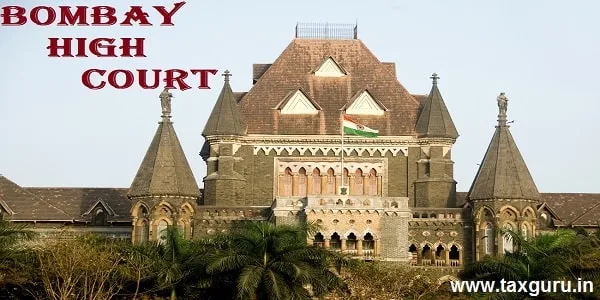




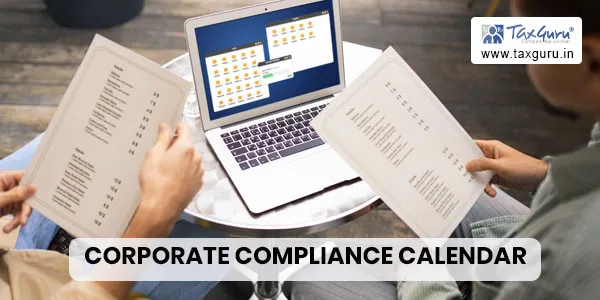

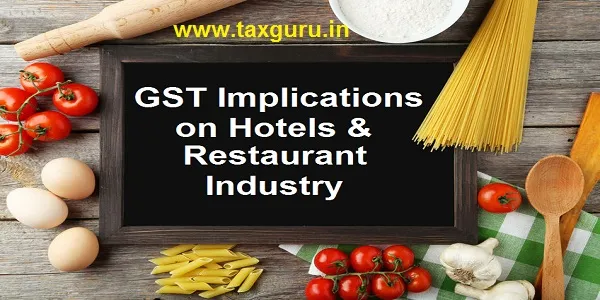



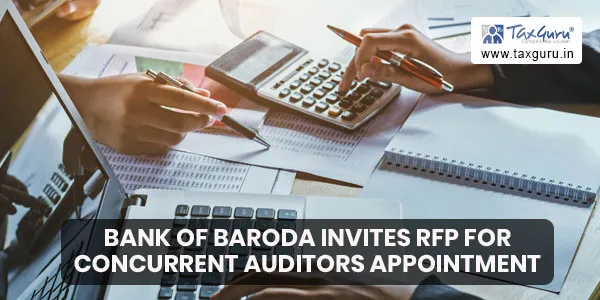
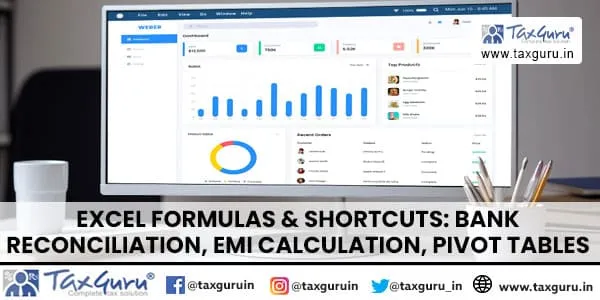
what is the great difference between VAT and GST other than input tax claim on interstate purchase and abolition of check posts. VAT was working well. Monthly returns took care of everything. what is the need of 9 or 10 returns? this is nothing but sadism of the officialdom. it is better to dump the present GST and make a new law which is more workable and simple to comply and operate. let us not emulate or copy other countries laws. we have enough and more competant people who can draft better provisions.
Give full free relaxation for past mistakes because of first time implement gst and for future first gstr1 first then 3b and reconcilation easily in 2021 jan
Gst website api should be made freely available to all taxpayers and not just for 500 crore and above parties get it and rest go via GSP and pay for it. It’s such a ridiculous system that national api made by tax payers money is given to few people in the name of GSP licenses and allow then to charge taxpayers again.
Very well written article. Government notification and entire law has been drafted in such a manner that some or the other way Input tax credit be denied to the taxpayerand some how to get Everyone to pay by electronic cash ledger.